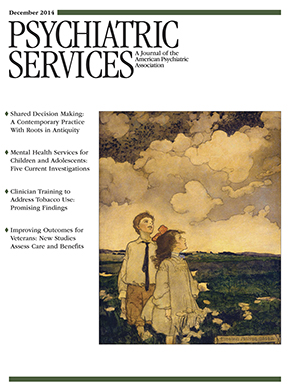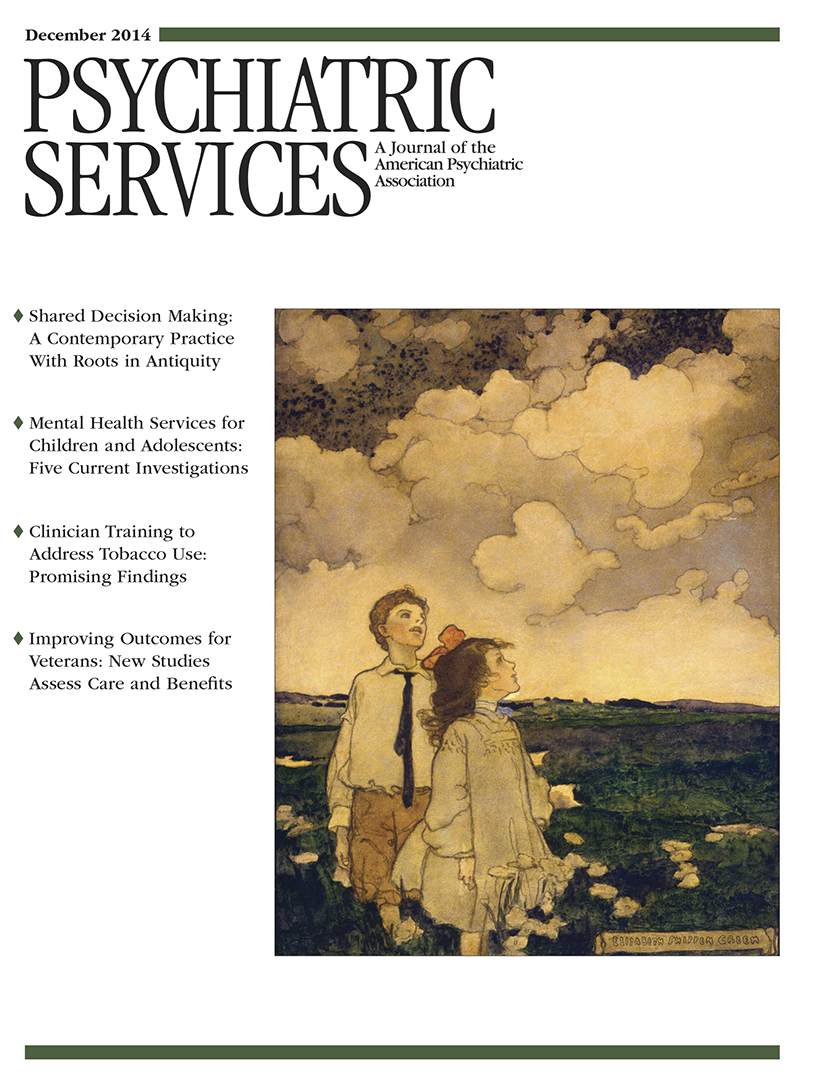When I was in sixth grade, the class was given an assignment to write a paper on “Man’s Inhumanity to Man.” What did I personally know of this subject at age 11, growing up in a middle-class suburban community? Nothing. So I wrote about war.
Through college I still thought that this subject was best seen in wars, and like my peers, I was picketing against the Vietnam War. I guess getting maced by Washington, D.C., police might be an example of man’s inhumanity to man, but I never thought that at the time.
As medical school evolved to residency and then to a career in public-sector psychiatry, one person doing unimaginable, horrible things to another somehow morphed into my experience. Virtually no act committed by one person on another, no matter how perverse, cruel, and inhumane, was a surprise. Contemporarily, I listen to accounts almost daily that if presented as fiction, most would say, “This is absurd. . . . It could never happen.”
So it was with interest that I read Season to Taste, a novel in which the protagonist, 53-year-old Lizzie Prain (note only one letter off from “brain”) bludgeons her husband of 33 years, Jacob Prain, to death and then proceeds to eat him, body part by body part, to hide the evidence. And she was neither “overly troubled” nor “haunted by thoughts” of what she had done.
The books starts with Lizzie and her dog trapped in a “white steaming fug” (fug being an English noun meaning a warm, stuffy, or smoky atmosphere). From my point of view, neither Lizzie nor the reader ever leaves this environment. The reader knows by page ten that Jacob is dead, murdered by Lizzie, who plans on eating him, and it doesn’t matter which extremity she starts with. The novel then moves along back and forth in time, with Lizzie providing her account of the couple’s history while she provides recipes for the body parts she cooks and then reports how easy or hard it is to eat each specific part. By the end, she’s eaten them all except the head, although she has eaten the brain—in ten mouthfuls, no less!
Another character, who narrates his own few chapters, is thrown in. Perhaps the author thought she couldn’t get her message across without placing another lonely, lost soul on our plate. This additional character is not the only confusing part of this novel. If Lizzie’s motive was to obliterate the evidence of her liberating act of ending an empty, stifling marriage, what did she do with all the bones? We’re not told. And why did she have to eat so much of Jacob when her dog, a character who makes many appearances in this tale, could have done so much better? Was Lizzie’s act of putting Jacob inside her an effort to get back at him for all the times he had, with so little intimacy, put himself into her?
At the end, the author sums up the book by having Lizzie write a note about her life. Is this a suicide note? The problem with the novel is that by the end, the reader doesn’t really care.
Acknowledgments
The reviewer reports no financial relationships with commercial interests.

